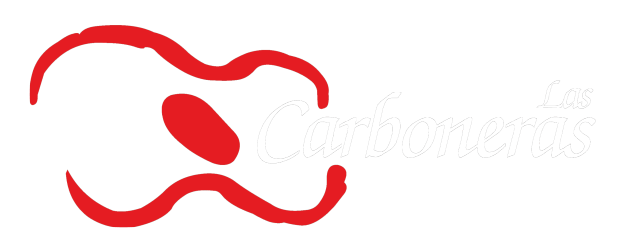Alejandra Gudí
The dancer from Almería, winner of the first national award by alegrías La Perla de Cádiz in 2018, has worked in dance companies of recognized national and international level such as that of Antonio El Pipa, in the shows “Pasión y ley”, “Vivencias”, “De tablao” and “Puertas adentro”; the flamenco company of Carmen Cortés in the show “Mujer flamenca”; and the Rafael Aguilar Ballet, where she debuted as a soloist in the show “Carmen”.
With the Andalusian Flamenco Ballet, directed and choreographed by Rafaela Carrasco, she participates as a dance corps and playing solo roles in the shows “En la memoria del cante, 1922”, “Imágenes” (20th anniversary of the Andalusian Flamenco Ballet), awarded the giraldillo for the best show at the XVII Seville Flamenco Biennial, and “Tierra Lorca, cancionero popular”, awarded the giraldillo for the best dance cast at the XVIII Seville Flamenco Biennial and finalist in the Max awards for best dance cast.
With the José Porcel Flamenco Ballet, she has worked participating in the shows “Momentos” and “Encuentro” (a show that included the maestro Antonio Canales as a guest artist). She has also collaborated, among other formations, with the Rubén Olmo Company with the show “La muerte de un minotauro”.
She combines her work in dance companies with her solo career working in some of the most prestigious tablaos in Madrid, such as the Corral de la Morería, Corral de la Pacheca, Casa Patas, Villa Rosa, Café de Chinitas, Las Tablas, Torres Bermejas or Las Carboneras.

Interview Alejandra Gudí
«The tablao for me is freedom»
«When I was a girl and went to the conservatorio de Almería, it turns out that I was very skinny, with very long arms and legs, with clear eyes. The totally classic prototype. So, my teachers insisted that I was a classic girl. And there was a problem and it was that I didn’t like the classic. Total, that one day they give me the bulletin and the notes, very well in classic and in Spanish dance, fail. “Delete me, mom, delete me.” I have failed the Spanish and it might be that I’m not good at it and to classic I do not go because I do not like it. My mother told me no, that I won’t erase you from anywhere. Thank God because, if not, I don’t know what would have happened to me. Well, I ignored all of them and I continued with Spanish and my flamenco things. Until today, there was no escape.
»A before and after in my professional career was entering the Ballet Flamenco de Andalucía with Rafaela Carrasco. Because life put me there with wonderful people whom I admire infinitely. I already admired them before entering there, but I learned a lot from them, it changed the concept of many things, it opened my mind. I changed the concept of dance, of performance, I learned other languages different from those that I usually worked. And, anyway, you grow artistically and you get to know yourself more, more ways open up for you, one thing leads you to another, you work more, more doors open to you. So clearly it was a before and an after.
»And what does working on a tablao mean to me? It is the means by which I feel free, freedom. Because when you get on the tablao you never know what can happen to you, you don’t know who is going to sing to you, what are they going to sing to you, in which way, how many lyrics, what are they going to play to you, how many falsetas, you never know anything. Well, within codes, what is happening is flowing and wonderful, magical things are born and arise in the moment. So for me it is freedom ».






